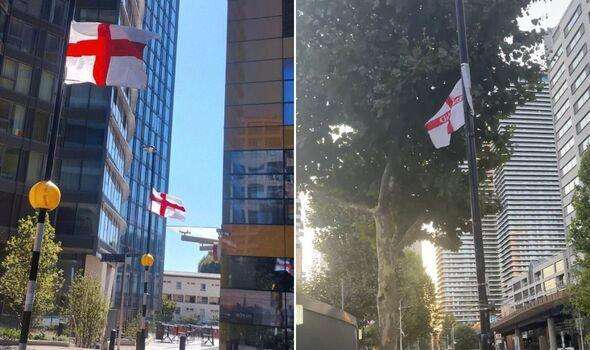A new political party, co-founded by Jeremy Corbyn and Zarah Sultana, is showing signs of early internal discord, even before its official launch. In a recent interview, Sultana, a key figure in the nascent movement, claimed that Corbyn "capitulated" to the International Holocaust Remembrance Alliance (IHRA) definition of anti-Semitism while he was Labour leader. This comment, along with her criticism of the party’s male-dominated leadership, reveals a complex and challenging road ahead for the new political venture.
Sultana's remarks, published in The New Left Review, directly challenged a key moment in Corbyn's leadership of the Labour Party, which was plagued by a series of anti-Semitism allegations. The IHRA definition, which Labour eventually adopted in full, includes provisions that critics argue conflate criticism of Israel with anti-Semitism. Sultana described the adoption of this definition as a "capitulation" and referred to Israel as a "genocidal apartheid state," a view that has been widely criticized by Jewish community leaders.
In response, the Board of Deputies of British Jews accused Sultana of a "grave insult," while the Campaign Against Antisemitism stated that her comments proved she was "no friend to the Jewish community." The reaction highlights the deep divisions that the anti-Semitism issue continues to cause and suggests that the new party will face intense scrutiny on this front.
Beyond the ideological fault lines, Sultana also pointed to an internal power struggle within the party. She candidly described the Independent Alliance of six MPs, who will form the core of the new party, as a "boys' club," with herself as the only woman among five men. She insisted that the organization's future conference committee must be "gender-balanced as well as racially and regionally diverse," asserting that anything less would be unacceptable. This critique signals a desire to move beyond a personality-driven political model, a common criticism of Corbyn's previous leadership.
The party, which is currently using the temporary name "Your Party" but will decide on a permanent name at a founding conference in the autumn, has made pro-Palestinian activism a central pillar of its platform. This focus has resonated with a significant portion of the electorate, with the party claiming to have received over 700,000 sign-ups to its mailing list since its July launch. However, the early internal tensions over its foundational principles and leadership structure suggest that the party's journey will not be smooth. The public disagreements over the IHRA definition and the call for a more inclusive leadership structure indicate that the party's members are actively shaping its identity from the ground up, with the potential for further clashes as they move towards formalizing their policies and name.








.svg)
